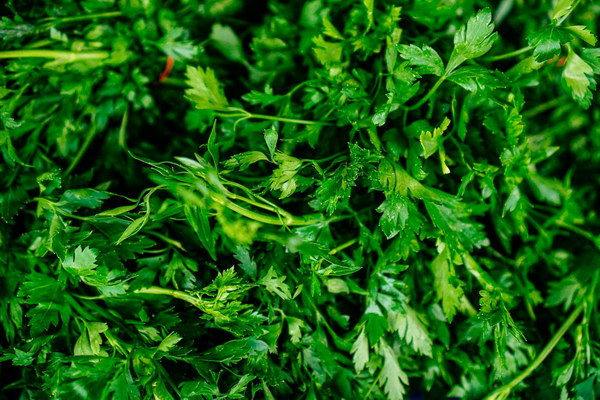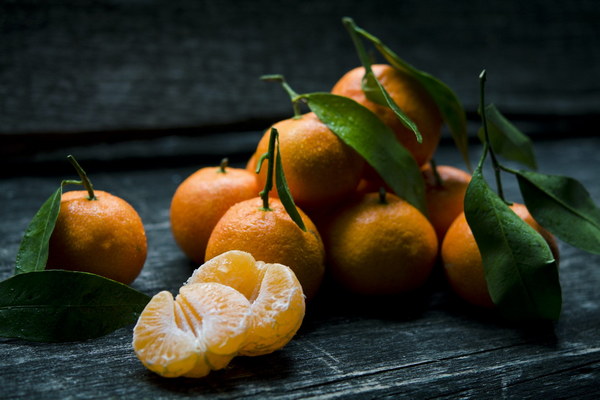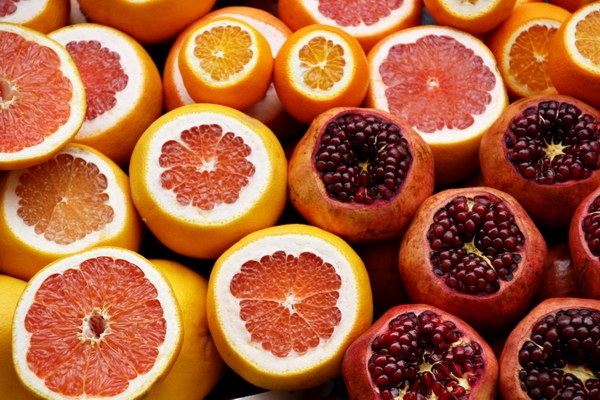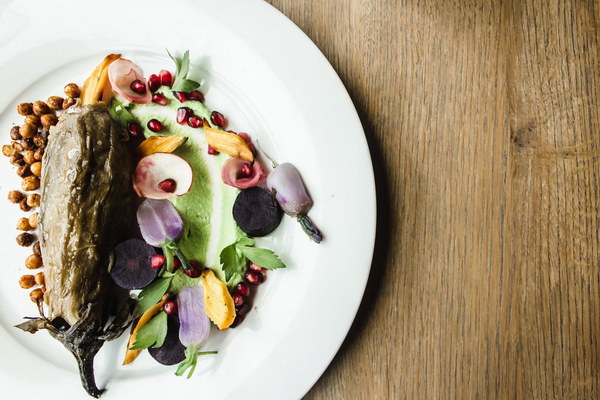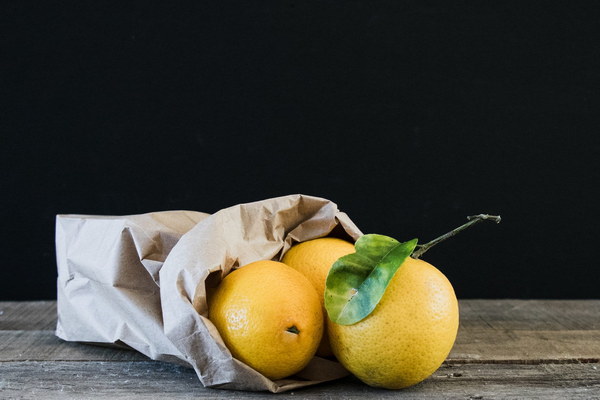Revitalize Your Health A Guide to Nourishing Qi and Blood for Women in Autumn and Winter
As the seasons transition from summer to autumn and then to winter, the temperatures drop, and the weather becomes cooler and drier. This change can take a toll on our bodies, especially for women, who are more prone to feeling rundown during these months. In traditional Chinese medicine (TCM), it's believed that autumn and winter are the best times to replenish and strengthen the body's Qi (vital energy) and blood. Here’s a comprehensive guide to nourishing Qi and blood for women during the autumn and winter seasons.
Understanding Qi and Blood in TCM
In TCM, Qi and blood are considered the foundation of a person's health. Qi is the vital energy that flows through the body, providing the power for all physiological functions. Blood, on the other hand, is responsible for nourishing the tissues and organs, as well as for maintaining the body's temperature.
During autumn and winter, the body tends to lose Qi and blood more easily due to the cold weather and shorter daylight hours. This loss can lead to symptoms like fatigue, weakness, cold hands and feet, and a weakened immune system.
Nutritional Strategies for Nourishing Qi and Blood
A balanced diet rich in nutrients is essential for replenishing Qi and blood. Here are some key dietary recommendations for women during the autumn and winter months:
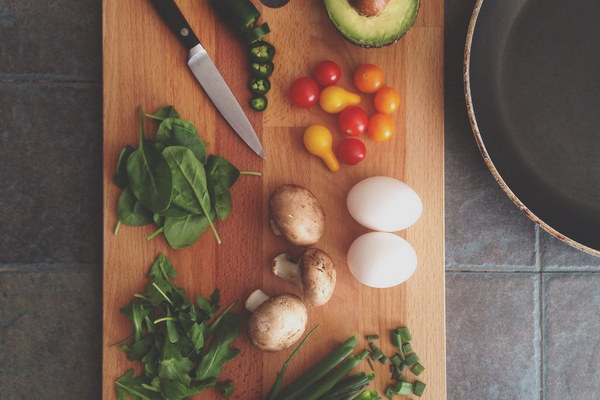
1. Eat Warm, Nutritious Foods: Consume warm and nourishing foods that help generate internal heat, such as soups, stews, and cooked grains. These include root vegetables like carrots, beets, and sweet potatoes, as well as legumes like lentils and chickpeas.
2. Incorporate Blood-Nourishing Foods: Foods that are rich in iron, vitamin C, and folic acid can help increase blood production. Examples include dark leafy greens, nuts, seeds, and fruits like berries and oranges.
3. Boost Your Intake of Qi: Foods that are known to boost Qi include ginseng, goji berries, dates, and black sesame seeds. These can be added to teas, smoothies, or cooked into dishes.
4. Stay Hydrated: Drink plenty of warm fluids, such as herbal teas, broth, and warm water with lemon, to keep the body hydrated and support blood circulation.
Herbal Remedies for Qi and Blood Support
Herbs can be a powerful addition to your diet for supporting Qi and blood. Here are some common TCM herbs used to nourish Qi and blood:
1. Astragalus (Astragalus membranaceus): This herb is known for its ability to boost the immune system and enhance Qi.
2. Angelica sinensis (Dang gui): Often referred to as the female ginseng, this herb is used to nourish blood and alleviate menstrual cramps.
3. Ganoderma lucidum (Reishi): Reishi is known for its immune-boosting properties and can help to improve overall well-being.
4. Polygonum multiflorum (He shou wu): This herb is used to nourish blood and may help improve hair and skin health.
Lifestyle Tips for Qi and Blood Nourishment
In addition to diet and herbs, adopting a healthy lifestyle can further support Qi and blood:
1. Regular Exercise: Engage in moderate exercise, such as walking, yoga, or tai chi, to promote blood circulation and boost Qi.
2. Adequate Sleep: Ensure you get enough restful sleep to allow your body to repair and rejuvenate.
3. Manage Stress: Practice stress-reducing techniques, such as meditation, deep breathing exercises, or spending time in nature.
4. Avoid Cold Exposure: Protect yourself from the cold by wearing warm clothing and avoiding prolonged exposure to cold weather.
By following these guidelines, you can help support your body's Qi and blood during the autumn and winter months. Remember, it's important to consult with a healthcare professional before starting any new diet, exercise, or herbal regimen. With the right approach, you can revitalize your health and enjoy the cooler seasons with increased vitality and resilience.
